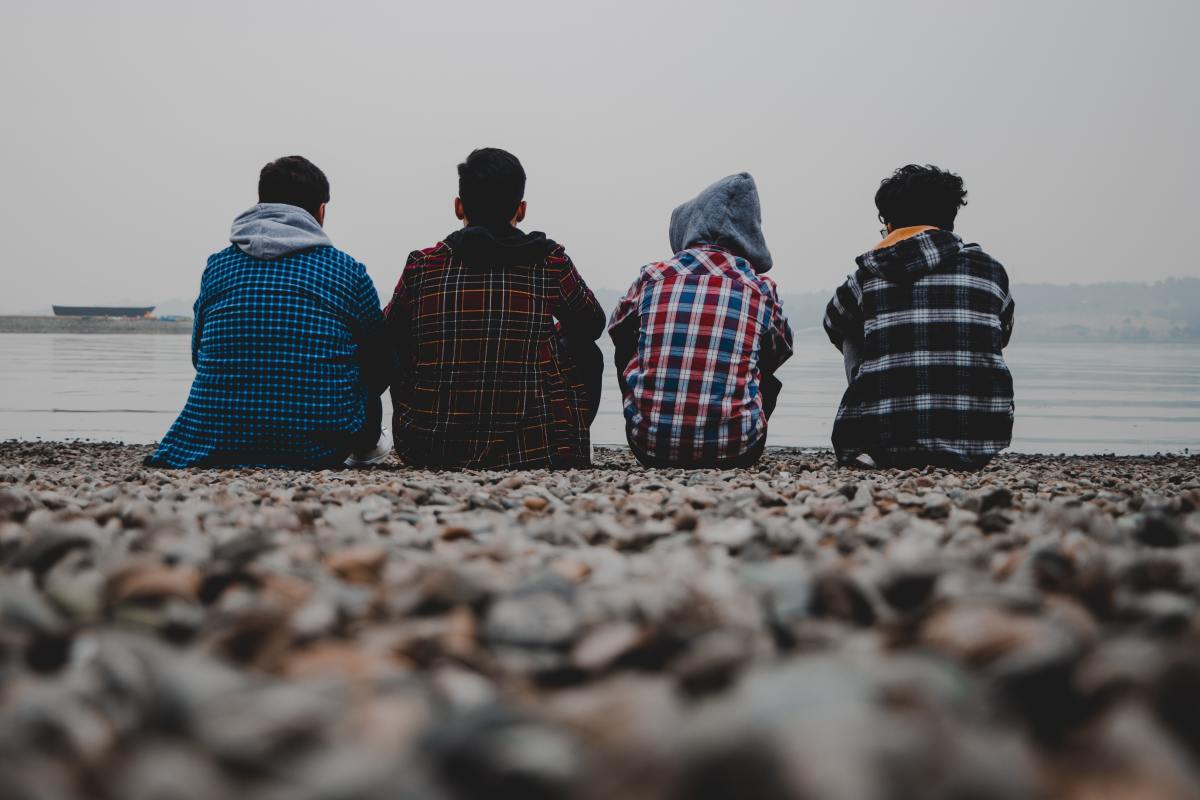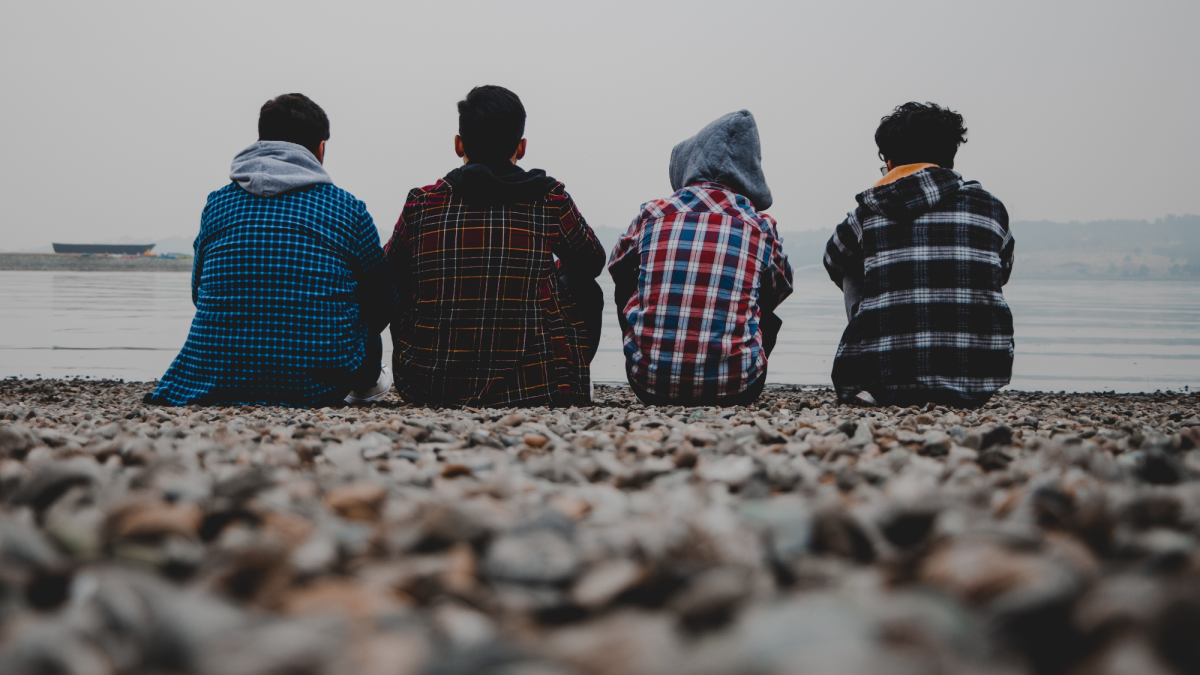- HubPages»
- Family and Parenting»
- Teens»
- Advice & Tips for Parents of Teens
Raging Hormones - Coping With Teenage Depression and Emotional Changes
Teen Depression is a very delicate affair which needs careful handling by both parents and siblings
Hormonal changes begin to occur in both boys and girls as soon as they enter puberty. In most of the cases, initially the signs are more psychological than physiological. For many parents this is a very rough time when their teen begins to be more demanding and at most of the time unreasonable. This is not because they are unreasonable but due to the mere fact that they are facing changes which are far more uncomprehending for them as well.
Hormonal changes bring about many changes in a teens personality, especially to their emotional side. Both boys and girls tend to become more aggressive in their behavior. This is sometimes an indicator of inset of depression.
Telltale Signs
Most of the time, teens will go into an unexpected rage followed by a sudden phase of withdrawal. Some of the common symptoms for teen depression from bad to worst are:
· Sadness or hopelessness
· Irritability, anger, or hostility
· Tearfulness or frequent crying
· Withdrawal from friends and family
· Loss of interest in activities
· Changes in eating and sleeping habits
· Restlessness and agitation
· Feelings of worthlessness and guilt
· Lack of enthusiasm and motivation
· Fatigue or lack of energy
· Difficulty concentrating
· Thoughts of death or suicide
The Results
Depression has never been an easy situation for parents to handle. Most are not trained or realize the implication and the lasting effects that this phase can have on a teen.
· They may start having problems at school which may lead to a dropout.
· In some teens, threats of running away and in some cases actual act leads to destruction of a teen’s education and they may even end up in a life of crime.
· Many teens have been seen to have an inclination for drug and alcohol abuse after going through an unmanaged phase of depression. This, they do as a resort to self medicate them. But unfortunately they become a victim of yet another horrific trap.
· Generally depression is followed by a phase of recovery which sometimes is not directed in the correct path. Those teens who suffer from low esteem issues due to their appearance may eventually lead to eating disorders. They can lead to obesity or end up with an undernourished teen. Both situations are equally bad.
· Hiding behind the computer is these days a very common practice which most teens are seen. This to a limit is an acceptable pass time and school requirement. But excessive usage in a depressive state may turn it into internet addiction. Such teens avoid person to person contact and remain in isolation which is not a good sign at all.
· The worst results that have been seen as a teenage depression outcome are self injury, reckless behavior, violence and even suicide
Prevention Is Better Than Cure
There are ways and means to help your teen fight depression. The best is to help your child prevent it from happening in the first place.
This is a twofold measure for both the teens and the parents. The first step against fighting off depression is identifying the cause of the depression. Usually the cause is hormonal change coupled with minor issues which seem to magnify.
It is essential for the parents to keep open channels of communication with their teens. The problem actually begins when there is no one to listen to a teen’s anguish without interruptions. Usually parents forget that what may seem to be a small issue for them may be a big social problem for the teen. As a parent what you can do is be a good listener for a while. This you can do by offering support to your teen but not all the way to over shadow his or her liberty. If you see a problem that the teen would probably not handle correctly you should get involved but in a gentle but persistent way.
If you see symptoms of withdrawal or the teen refuses to take help from you then best is to seek professional help from a doctor or a psychiatrist.
A teen who is going through a phase of depression may not know it, but his siblings and friends who spend more time around will definitely notice the changes in mood swings, habits and activities. Best is not to leave a depressed teen alone. Try to help him or her with the problem that they are facing and also inform the parents or the school staff for further assistance.








